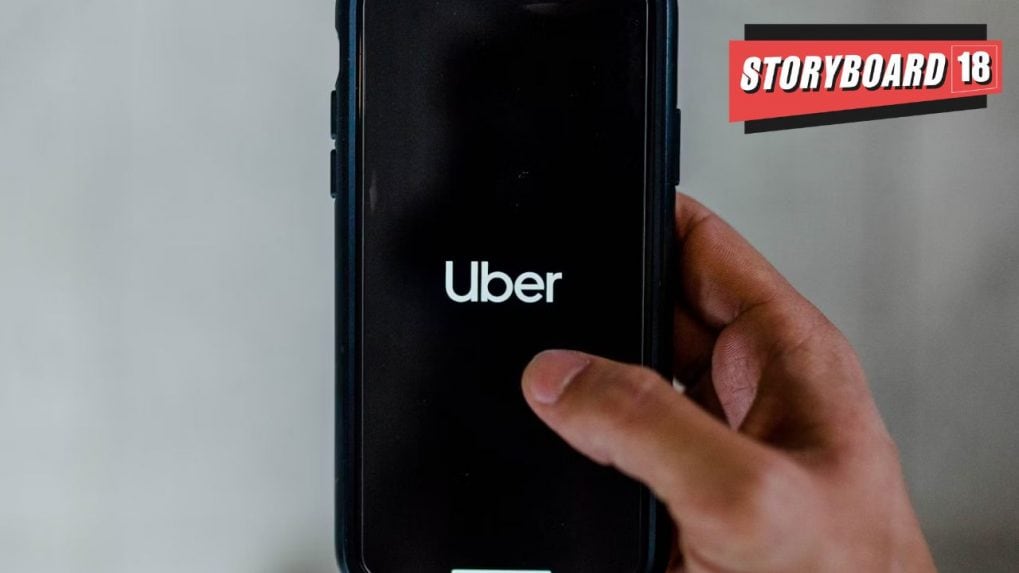Uber executive calls for radical shift from private cars to public transit in Indian cities
Pradeep Parameswaran, Uber's global head of mobility, highlighted the critical challenges facing India's urban future. He noted that despite massive investments in road and infrastructure projects, daily commutes remain a source of "misery" for millions.
ADVERTISEMENT
A top executive from the global ride-hailing company Uber is urging India to rethink its urban mobility strategy, warning that rapidly growing cities will grind to a halt without a major shift away from private car ownership.
Speaking at a recent forum, Pradeep Parameswaran, Uber's global head of mobility, highlighted the critical challenges facing India's urban future. He noted that despite massive investments in road and infrastructure projects, daily commutes remain a source of "misery" for millions. He pointed out the staggering statistic that 270 million people are expected to move to Indian cities by 2035, questioning whether infrastructure can possibly keep up with that kind of growth.
Parameswaran emphasized that the traditional solution of building more roads is no longer viable. He highlighted the inefficiency of car ownership, stating that vehicles sit idle 90% of the time, while parking takes up a significant 40% of urban road space. This results in a disproportionate allocation of resources, where 70% of road capacity is used by just 20% of the population.
To combat this crisis, Parameswaran advocated for an expansion of public transit at "China speed and scale." He acknowledged the success of flagship projects like the Delhi Metro but noted that a fragmented system and lack of first- and last-mile connectivity remain significant barriers to adoption.
The vision, he said, is a future where technology creates a truly integrated experience, allowing commuters to plan and pay for their entire journey with a single click, regardless of the mode of transport. He also highlighted the potential of bike taxis as a key solution for first- and last-mile connectivity, noting their efficiency and the fact that India is home to 250 million two-wheelers.
Beyond traffic, Parameswaran linked urban mobility to social issues like women's safety and workforce participation. He cited ride-hailing services as a safer option for women and noted that improved public transport is crucial for boosting women's participation in the workforce.
Read More:Uber, Ola, and Rapido restart bike taxi services in Bengaluru


